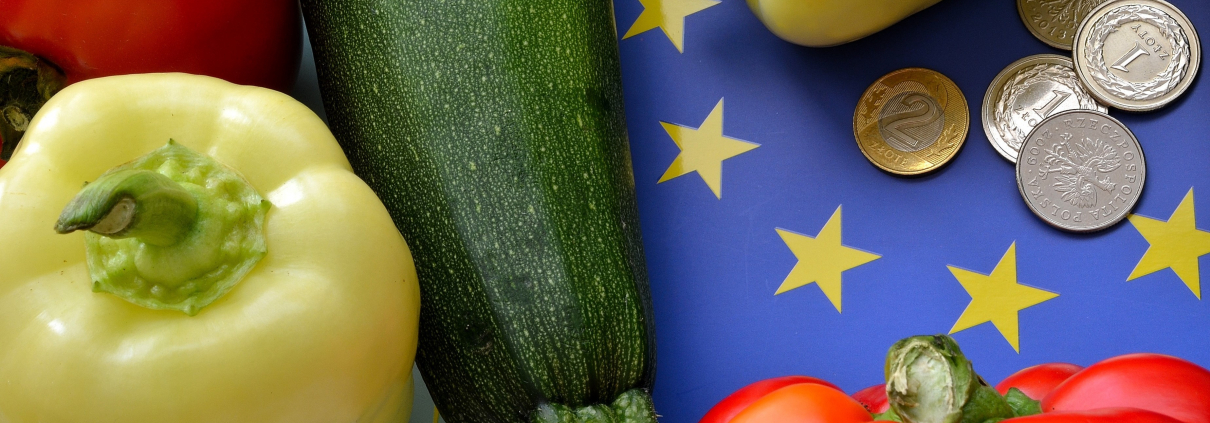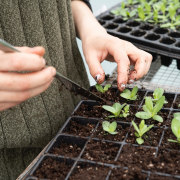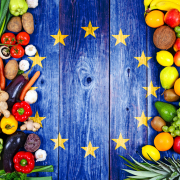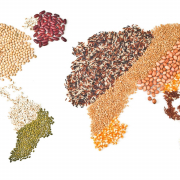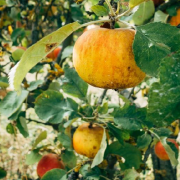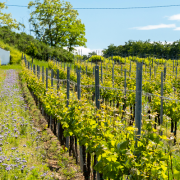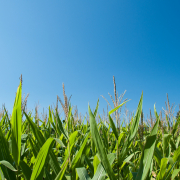ALLEA Provides Expert Advice to the European Commission’s Public Consultation on Plants Produced by New Genomic Techniques
Today ALLEA, the European Federation of Academies of Sciences and Humanities, responded to the European Commission’s public consultation on plants produced by certain new genomic techniques (NGTs).
After providing feedback on the Commission’s roadmap in October 2021, ALLEA welcomes the opportunity to share more detailed input from the scientific community on the challenges related to the current regulatory system, as well as our vision for possible ways forward.
In its response, ALLEA stresses that the 2018 European Court of Justice decision “is a major setback for the development of useful new crops, including those with optimised traits to mitigate climate change and provide high-quality food for a growing population. The length and cost of the current authorisation process for NGTs is disproportional to the potential risks and makes it, except for major industrial players, de facto impossible to bring NGT seeds to our farmers”.
ALLEA states that “any future risk assessment framework should be science-based, considering not only potential risks but also the full spectrum of expected benefits to environment and society” and shares the Commission’s view that plants obtained by NGTs have the potential to contribute to the objectives of the European Green Deal and in particular to the Farm to Fork and Biodiversity Strategies.
“We must take into account the unique challenges farmers are faced with in different regions and different sectors, as well as how our food systems continue to be affected by societal and geopolitical developments. Ultimately, farmers are best positioned to respond to these challenges, and they should be provided with broadest possible spectrum of technologies and seeds to support them”.
ALLEA also acknowledges the importance of providing clarity on when seeds and products are created using NGTs. “[…] farmers, producers and consumers should have a free choice to decide if they use or buy seeds and products created using NGTs. Transparent documentation will be important to guarantee autonomy and trust throughout our food systems.”
The response to the European Commission’s consultation reemphasizes key elements from the 2020 ALLEA report Genome Editing for Crop Improvement, which is based on expert discussions during the joint ALLEA and Royal Flemish Academy of Belgium for Science and the Arts (KVAB) symposium on the topic, as well as further work together with Re-Imagine Europa.

